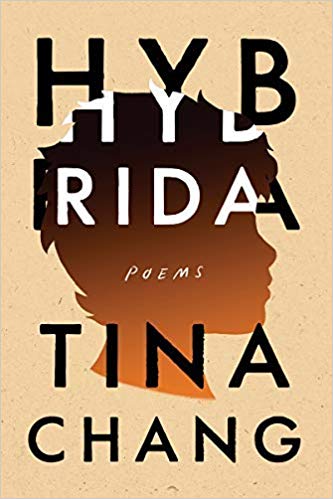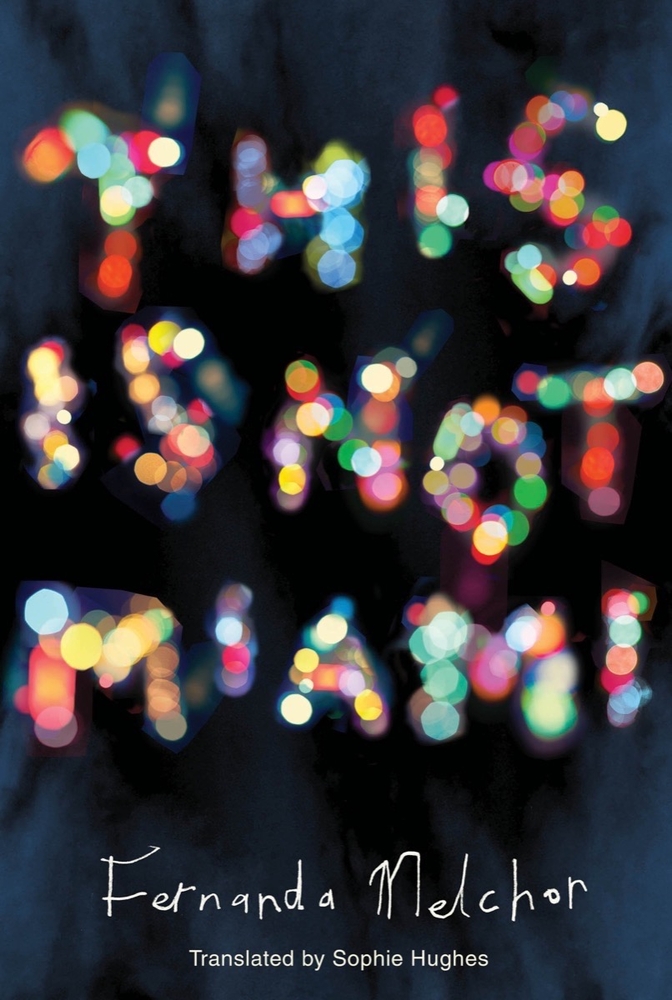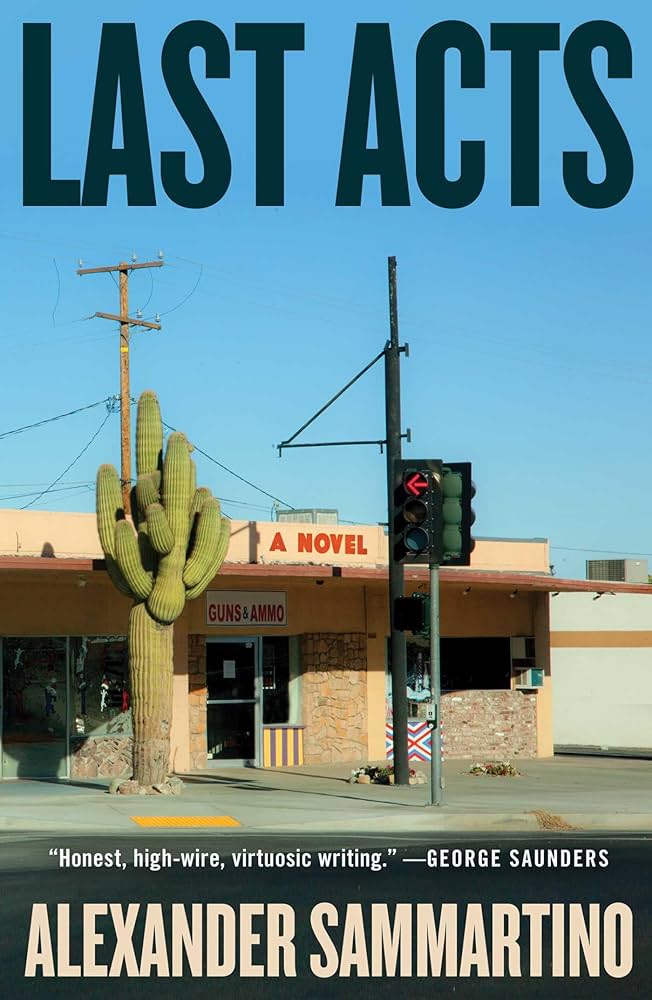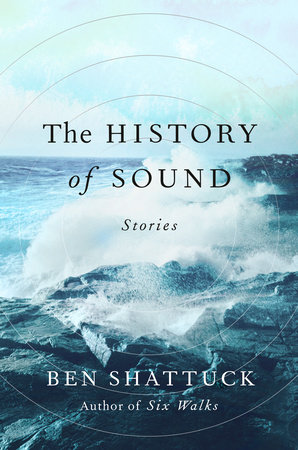Curated by: SARAH WHELAN
Thank you to everyone who bought Issue 16, subscribed to receive a copy, or attended a launch event! To celebrate, this month we have three more contributors are here to give us peak at their bookshelves. Whether you’re in the mood for a classic novel, a contemporary essay collection, or an upcoming book of poems, our writers have you covered.
Recommendations: Hybrida by Tina Chang, Go Down, Moses by William Faulkner, Frantumaglia by Elena Ferrante.
Hybrida by Tina Chang; recommended by Nathalie Handal
“Slaves, newly liberated whispered my son’s name… Once there was a chain of kisses as my mother said goodbye to her brothers and sisters lined in a row, as she left Taiwan for America… It seems impossible these two histories intertwine so that one day I may find a dream body housed inside mine… ” The lines from the gripping poem “Revolutionary Kiss,” is the historical and ancestral blueprint of Tina Chang’s impressive new poetry collection, Hybrida.
The collection is as searching as it is ambitious. It sifts through and excavates some of the more difficult questions that exist within our present generation, and offers poems of deep compassion and indelible power. Hybrida explores mixed-raced struggles and the violence looming in the United States today, whether in classrooms, streets both urban and rural, or in the shadows of political corridors. It casts a profound gaze on race and discrimination; a rumination on identity, innocence, and cruelty as the poems explore an inward dialogue (as the speaker converses with her mixed-raced son), and outward conflict (as the poet contemplates the vulnerable lives of Michael Brown, Leiby Kletzky, and Noemi Álvarez Quillay—young people whose lives were lost at the hands of authority figures entrusted to protect them). Above all, Hybrida is a portrait of a mother’s fierce, unbreakable love, and the clarity that delivers her to some of the most painful yet necessary realizations about the racialized world that young people of color inhabit. It’s a steady eye that never turns away nor breaks it maternal focus.

Go Down, Moses by William Faulkner; recommended by Jill McDonough
In Go Down, Moses there’s a moment when a guy figures out his grandfather enslaved a lady, raped her, and got her pregnant. Then twenty-three years later grandpa rapes his enslaved daughter, gets her pregnant, too. Faulkner’s perfect for these kinds of relationships—you need run-on sentences and fragments to narrate that kind of fucked-up family tree. Here’s when we see the guy figure it out: “His own daughter His own daughter. No No Not even him.”
There’s a lot to say about slave rape—I’m looking forward to a trip to Monticello this Christmas. But what I want to focus on here is the word “even.”
This guy isn’t just like HOLY SHIT SLAVE INCEST: he knew what America’s like. The “not even him” is like “Shoot—I was hoping grandpa was one of the good ones. Guess it was a long shot!”
We not only enslaved people in this country, we raped them for profit. Enslaved people with lighter skin were worth more money; George Washington liked to show them off by having them serve supper to guests. Faulkner’s characters know that, so we must have known it at some point; some of us just forgot. Monticello just this summer made an exhibit out of the little cell Jefferson kept Hemmings in by his bed. Go Down, Moses is a multi-generational epic of blood, land, slavery, hunting, and a lot of women with no names. It’s also a challenging primer in genetics, and an excellent argument for reparations.
Frantumaglia by Elena Ferrante; recommended by Shira Elmalich
If you, like me — like so many of us — cannot possibly get enough of Elena Ferrante’s work, let me recommend Frantumaglia, her brilliant, clear-eyed, deeply-considered collection of letters, essays and interviews. The word “frantumaglia” is a legacy from Ferrante’s mother, “used to describe how she felt when she was wracked by contradictory sensations that were tearing her apart.” It is a word for “a disquiet not otherwise definable . . . a miscellaneous crowd of things in her head.” Writing, as Ferrante describes it, is the effort of grappling with the frantumaglia, framing it and taming it and giving it meaning through transformation into art.
In these pages, the famously “anonymous” Ferrante is stunningly open and generous in her discussions of her writing process and childhood and in sharing passages cut from her published works. She offers commentary on contemporary society and warnings about the fragility of women’s progress. In writing, according to Ferrante, “one must never lie . . . you have to be since to the point where it’s unbearable,” asking, “is this the right story to seize what lies silent in my depths, that living thing which, if captured, spreads through all the pages and gives them life?”






